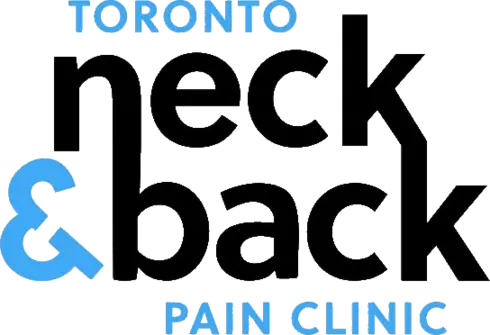Though not necessarily an aging problem, back pain from getting older can occur with time and use. Much like putting your key somewhere and forgetting where you placed it, back discomfort is a problem with virtually everyone at some point. To what degree is back pain from getting older considered normal? This is one question that we will seek to answer.
Normal or abnormal?
Of course, it is a very common phenomenon, and it often happens as we grow older. Pains and aches that we experience in our spines will enter our life at some point. They are, to some extent, facts of life that we must face. Some studies reveal that more than 80% of people have or will have back problems at some point in their life.
Many people start to see the sign of back pain within the age range of 40 to 60 years. However, it may start earlier, and if this happens or it happens later, it’s always something to address. Much like rheumatic pain, back pains can sometimes be due to some hereditary factors. Otherwise, certain lifestyle factors reflecting what we’ve done or haven’t done over time can also contribute.
It’s fine to feel some discomfort in your spine once in a while, however, there are a lot of signs that will indicate whether a back discomfort is actually “normal” or there is more to it than meets the eye. Back soreness from a good workout or new activity may not be the same back ache as from working in the garden or waking up sore for now apparent reason.
And, if you are experiencing back pain that is so severe and way out of the ordinary, then you should consider seeking professional help. (Watch this video for an interesting perspective on back pain…click here.) Or follow this link – https://youtu.be/hGlYjYtPkMs
If you begin to notice some of these symptoms with respect to your back pain, it is recommended that you see your doctor as quickly as possible.
• Severe/Rapid weight loss
• Feverish conditions
• Pain increases during night time
• Numbness
• Pain travels all the way to the legs/feet
• Bladder/Bowel incontinence
• Pain that does not subside even after resting
Whether or not you feel these symptoms, it is still wise to seek advice. Sometimes certain healthcare providers can detect dysfunction or problems even before discomfort is present.

Back pain is more about time than age, as more time can create more opportunity for pain.
Though back pains are almost unavoidable, you do not need to give in to the discomfort. By avoiding addressing the issue effectively, you could be putting yourself in a position where you will not be able to do things you love anymore. You could definitely become less active. The thought that you are now getting older will begin to creep in. Do not give in to these thoughts! You are still strong and you can be active for as long as you like, with the right approach.
To Help You Relieve Your Pain, You Can Choose…
• Physical therapy, Chiropractic, Massage, Osteopathy, Acupuncture, and more
• Medications and Injections
• Strengthening, Stretching, and Stability (Yoga, Pilates, etc.)
• And in extreme cases, if necessary, surgery.
What Really Causes A Pain In The Back?
• Discs
Many times, discs are the culprits behind back pain or neck pain as you grow older. The discs may dry out. This will make less pliable and spongy. When the discs have become rigid, it leads to joint dysfunction and possibly herniated discs.
• Arthritis
Arthritis or osteoarthritis is usually a situation of wear and tear. And this can cause back pain too. As you grow older, the cartilage that lines the joints can gradually wear away.
Both of these could be happening at the same time. These situations increase the pressure around the joints and do not allow them to work properly. Inflammation may result and back pain will definitely set in.
• Spinal Stenosis
Another culprit behind back pain is spinal stenosis. This is the narrowing of one or more passageways in or around the spinal bones. That narrowing process puts more stress on the nerves and spinal cord, and this may cause cramps, numbness, back pain, or other symptoms.
Back pain over time is more likely the issue than age itself. The parts of our spine are designed to last a lifetime under regular care and use. Unfortunately, as we live our lives, we may over challenge these parts or not maintain them as well as we could. Although back pain is common, it is not necessarily normal and is worth investigating when it happens. This way, we never have to say we’re just getting older. Rather, we can preserve our youth and pain free movement.
